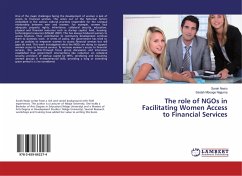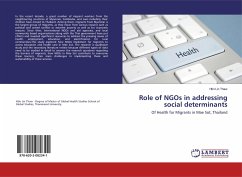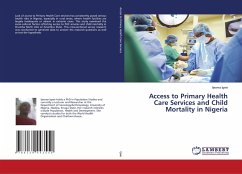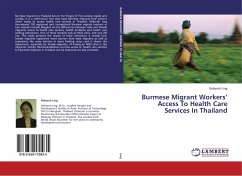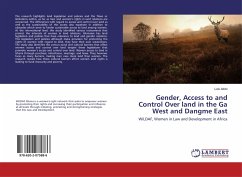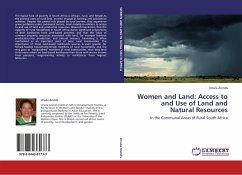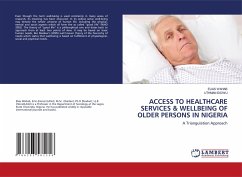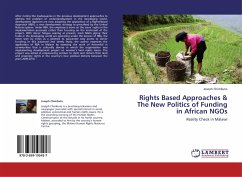One of the major challenges facing the development of women is lack of access to financial services. This arises out of the historical factors embedded in the various cultural practices responsible for the unequal relationship between men and women. For example, women lack adequate property rights, inheritance, collateral security, education, physical and financial resources such as startup capital, land, housing, technological resources (MGLSD 2007). This has always hindered women to access finances. Their contribution to community development confines them to domestic work. In terms of policy, the government has tried to put up policies to empower women to access financial services but still gaps do exist. This work investigated what the NGOs are doing to support women access to financial services. To increase women's access to financial services, the author through focus group discussions and interviews established that government interventions like reduction on collateral security, provision of startup capital by MFIS, sensitizing and educating women groups in entrepreneurial skills, providing a long or extending grace period e.t.c be considered.

